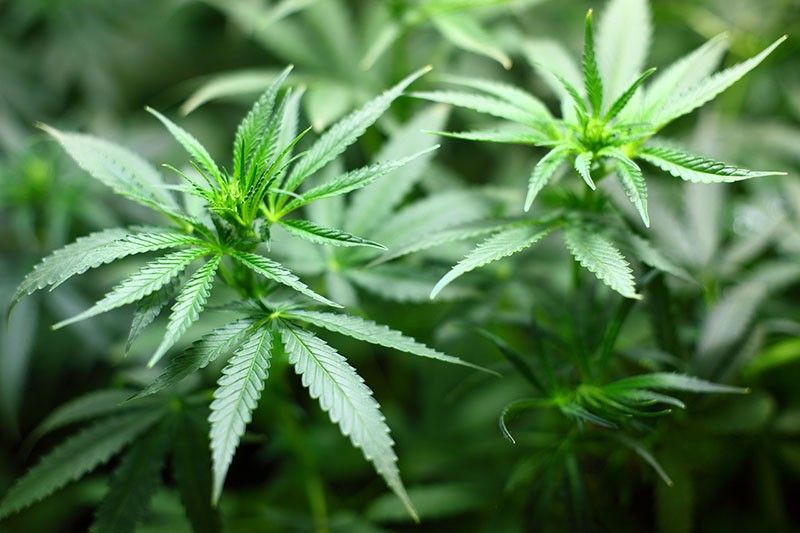MANILA, Philippines — Globally renowned South African cannabis scientist and clinician Dr. Shiksha Gallow advocated for the legalization of medical cannabis in the Philippines, citing scientific evidence of its health benefits.
Gallow led a press conference held at Solaire Resort and Casino last December 19 to speak on how medical cannabis has been aiding cases abroad.
“The time is now, it’s now or never,” the doctor said, pointing out other countries have legalized marijuana after learning it is backed by science, and be taken via tablet, syrup, balm, cream, and other forms of ingestion.
She also indicated that legalization could have profound impact on the country’s healthcare and economy, and the Philippines could position itself as a leader in medical cannabis research in the region.
The doctor explained that the human body makes its own cannabis molecules (endocannabinoids), usually felt after running or when one is euphoric.
“Cannabis augments our body’s systems,” Gallow said, showing that homeostasis as a result of endocannabinoids aids in immune function, sleep, pain perception, appetite, bone development, memory, digestion, and cardiovascular function.
Gallow noted that cannabis can be addictive, but not as much as caffeine, alcohol, or nicotine. She added that it does not equate to addiction to cocaine, heroin, and opiods, and withdrawal is mild and short-lived.
Additionally, Gallow claimed there is no documented evidence of pure cannabis overdose when taken directly from the original plant, explaining that the body’s receptors are able to stabalize intake, compared to opioids, which affect the respiratory control center of the brain.
Anesthesiology and pain medicine expert Dr. Angel Gomez added to the conversation and explained the difference between the use of morphine and marijuana as an issue of regulation by the Food and Drug Administration.
“A 70 kilogram person would have to take 70,000 milligrams of THC (tetrahydrocannabinol) or 5,000 times the typical dosage to overdose,” Gallow said.
The doctor explained that cannaboid therapy can be beneficial for those with chronic pain, insomnia, cancer, palliative care, rheumatoid arthritis, and chemotherapy-induced nausea and vomiting.
Gallow cited data from the Philippine Institute for Development Studies that the country logs 25,000 cancer cases annually, with 189 people in 100,000 people diagnosed with cancer and four Filipinos die every hour from cancer.
She presented a case study that showed better results when medical cannabis was used alongside chemotherapy versus either on their own, with more cancer patients entering remission and bigger chances of their tumors metastasizing.
Regarding concerns that people may abuse the legalization of medical cannabis, Gallow compared it with how people purchase alcohol and tobacco, which have long been legal, “Trust that patients need [them].”
The Philippine Society of Cannabinoid Medicine, represented at the event by Dr. Gem Mutia, released a statement showing support for a Senate bill pushing for access to medical cannabis in the Philippines.
The statement notes unscientific prohibition has deprived many patients and prevented development on what has long been considered mainstream medicine, compounded by the demonization of the cannabis plant and the stigmatization of its users.
“While we debate on medical cannabis, which has been going on for more than a decade already, millions of patients abroad are being made to suffer less, and given a better quality of life,” it continued. “Multiple nations have let evidence guide policies, while carefully avoiding doomsday prediction fearmongers seem to have guaranteed.”
The Philippine Society of Cannabinoid Medicine ended by encouraging fellow medical practitioners to examine evidence properly and to “have just a little compassion for patients.”
H/T: www.philstar.com






